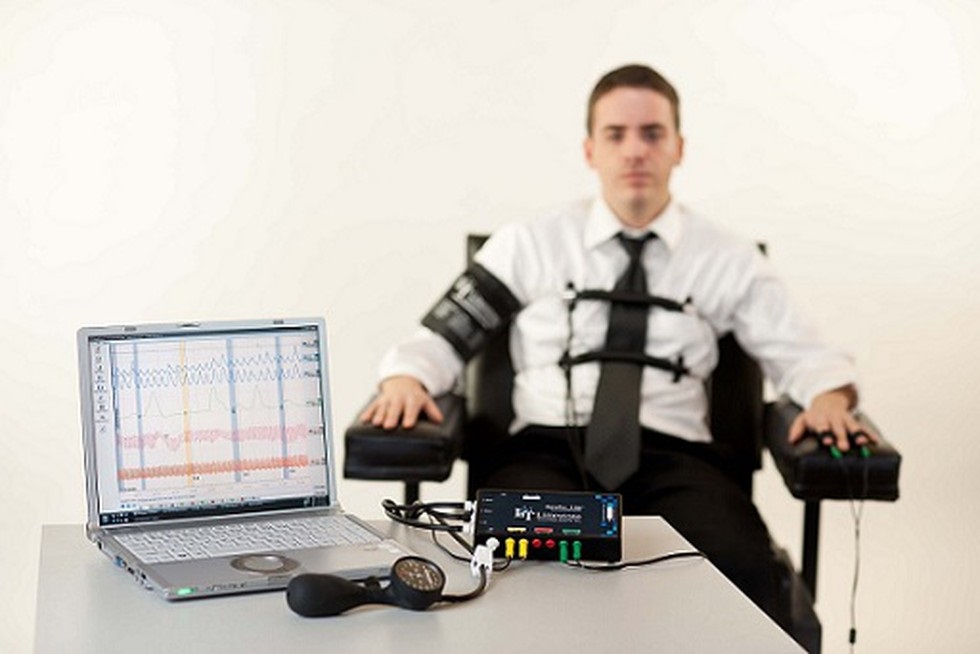Government employees are subjected to lie detector tests as part of criminal investigations. Their usefulness is praised by some, while their reliability is disputed. Why do law enforcement and government agencies use polygraphs today?
While a subject is asked a series of questions, a polygraph machine records several physiological indicators. The belief is that telling lies causes subtle bodily changes detectable by the machine. The polygraph examiner then analyzes the results to determine if the subject lied. Polygraphs do not detect lies. What they detect is changes in physiological signs of stress and anxiety. Therefore, the test relies entirely on the examiner’s interpretation. Therefore, polygraph results are generally not admissible in court. Yet they are extensively used by law enforcement and the government.
Use by law enforcement agencies
Today most federal law enforcement agencies, including the FBI, CIA, NSA, DEA, and Homeland Security, continue to use polygraph testing for applicant screening and personnel vetting. Some scenarios where law enforcement employs polygraphs include:
- Screening new officer applicants
- Vetting officers for sensitive assignments
- Investigating misconduct claims against officers
- Questioning suspects or witnesses in criminal cases
- Monitoring probationers and parolees
Typically, the exams are voluntary for personnel or job applicants. However, refusal to take a polygraph leads to employment termination or disqualification. Candidates are informed upfront that results are not admissible in court.
For criminal suspects and witnesses, exams must be voluntary. But refusal to cooperate influences investigator opinions of likely guilt or innocence. There is debate about whether polygraphs can question criminal suspects who have not been charged and do not have legal counsel. False positive results could wrongly implicate innocent people. Nonetheless, law enforcement believes these exams provide useful investigative leads when used carefully.
Use by government agencies
Since the Cold War era, the U.S. federal government has used polygraph screening extensively to detect security threats, spies, and leaks. Government agencies that continue to utilize lie detector test include:
- Intelligence agencies such as FBI, CIA, and NSA
- Department of Energy
- National Reconnaissance Office
- Many roles at the State Department and Department of Defense
Testing is required for applicants seeking security clearances as well as for employees undergoing periodic reviews or misconduct investigations.
- Disclosures of classified information
- Contact with foreign agents
- Involvement in terrorism or espionage
- Falsification of background information
- Unreported crimes or drug use
When government officials are suspected of serious misconduct, polygraphs are also used. For example, after Edward Snowden’s 2013 NSA leaks, the agency began requiring polygraphs of employees more regularly to deter future breaches.
While often mandatory, government polygraph testing has faced some legal challenges. In 1988, Congress banned most private employers from using polygraphs following employee complaints. However the ban excluded government agencies, as well as law enforcement. Several government polygraph programs have been terminated after allegations of abuses and inaccuracies. However, most federal agencies maintain that proper polygraph screening is vital for national security.

